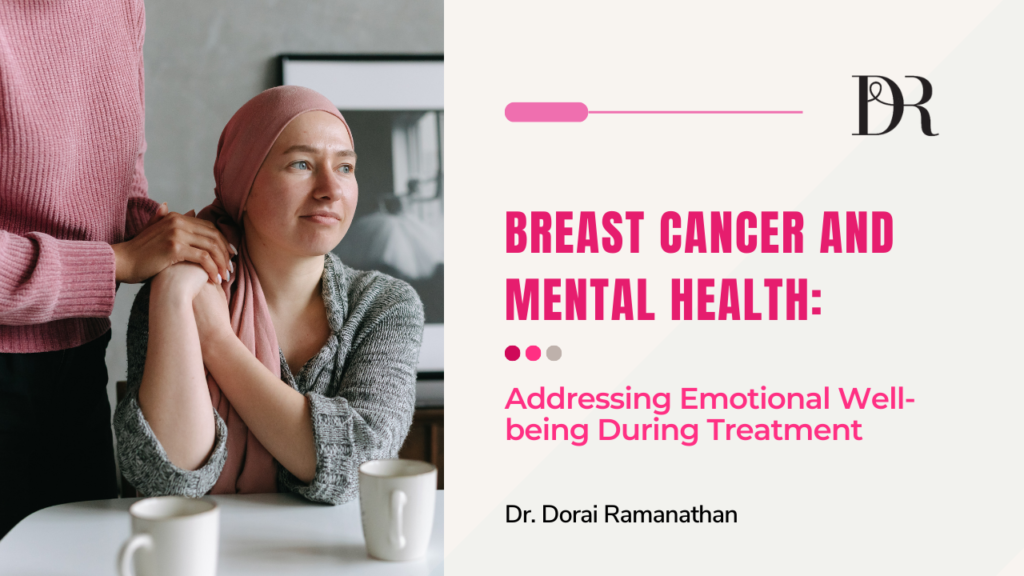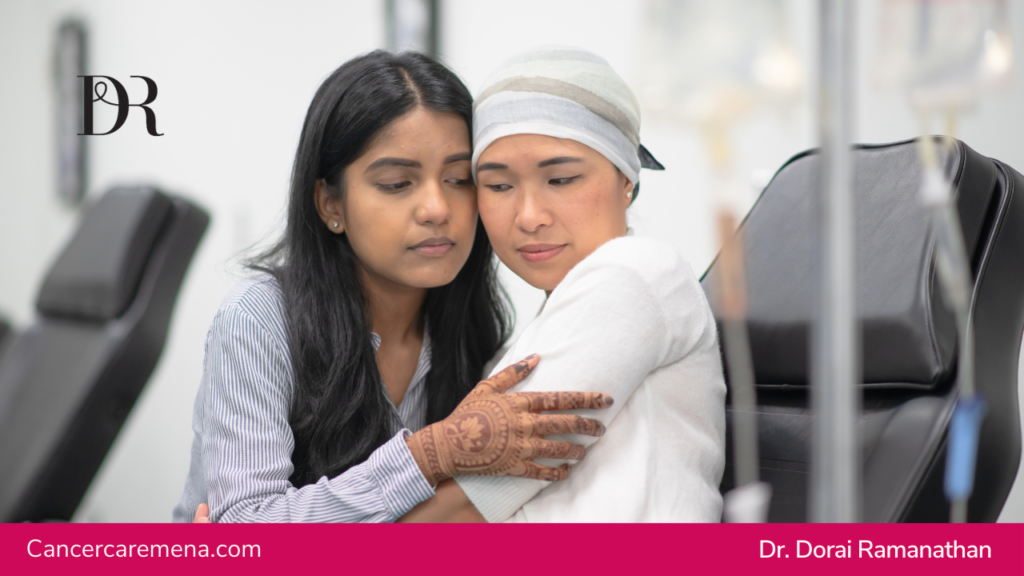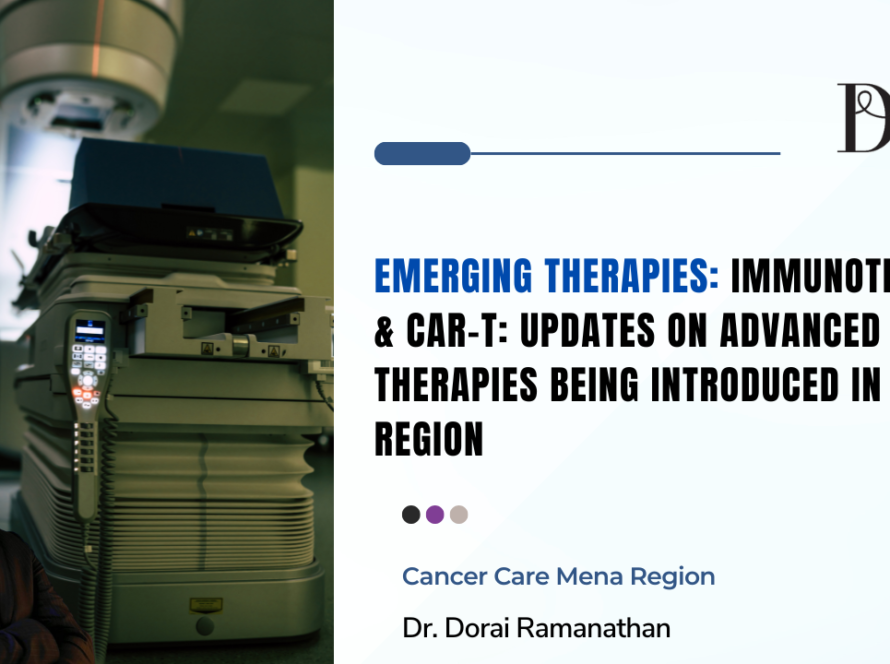
A breast cancer diagnosis can be overwhelming, bringing with it a rollercoaster of emotions. Beyond the physical challenges of treatment, the emotional impact of breast cancer is equally significant. In this blog, we explore the vital connection between breast cancer and mental health, emphasizing the importance of addressing emotional well-being during treatment. Understanding the emotional aspect of the journey can empower patients to navigate their emotions and seek the support they need to cope with this life-changing experience.
The Emotional Journey of Breast Cancer
Receiving a breast cancer diagnosis can trigger a whirlwind of emotions, taking patients on an unpredictable emotional journey. From the initial shock and disbelief to the waves of fear, sadness, and uncertainty, the emotional impact of breast cancer is profound. As patients face the reality of their diagnosis and embark on the path of treatment, they may experience a range of emotions that can fluctuate with each stage of their journey. Coping with the challenges ahead and confronting the fear of the unknown can leave individuals feeling vulnerable, emotionally drained, and grappling with a sea of feelings.
During treatment, the emotional aspect of breast cancer can become intertwined with the physical challenges, as the battle against the disease unfolds. Side effects from treatment, the fear of recurrence, and concerns about body image may further exacerbate emotional distress. Amidst these turbulent emotions, finding ways to cope and maintain emotional well-being becomes essential for fostering a positive outlook and overall resilience throughout the breast cancer journey.

The Impact of Emotional Well-being on Treatment
Mental health significantly influences how patients cope with breast cancer treatment. Emotional well-being can play a crucial role in reducing stress, improving treatment adherence, and positively affecting the overall quality of life during the recovery process. Addressing mental health concerns can help patients maintain a positive outlook, better manage side effects, and strengthen their resilience throughout the journey.
Seeking Emotional Support
Recognizing the importance of mental health, healthcare providers aim to address the emotional needs of breast cancer patients. Integrating emotional support into the treatment plan can be achieved through various means, including:
Professional Counseling: Engaging with mental health professionals, such as psychologists or counselors, can provide a safe space to express emotions and explore coping strategies.

Support Groups: Connecting with others who have experienced similar journeys can foster a sense of camaraderie and validation, helping individuals feel less isolated in their struggles.
Mindfulness and Relaxation Techniques: Practicing meditation, yoga, or other relaxation techniques can help alleviate stress and promote emotional well-being.
Communication: Openly discussing emotions with loved ones can strengthen support networks and foster a sense of understanding.

Taking Care of Your Emotional Health
Self-compassion is crucial throughout the breast cancer journey. Patients are encouraged to prioritize self-care, engage in joyful activities, and express their feelings openly. Maintaining regular communication with healthcare providers and discussing any emotional concerns can also facilitate targeted support.
Conclusion
Breast cancer is a multi-faceted journey, encompassing the physical aspects of treatment and the emotional impact it brings. Addressing emotional well-being is essential in empowering patients to cope with the challenges of breast cancer treatment and recovery. By acknowledging the emotional journey, seeking support, and engaging in self-care practices, individuals can foster a stronger sense of resilience, hope, and emotional well-being during their breast cancer journey. Let’s ensure that no one faces breast cancer alone – together, we can foster a supportive and understanding community that prioritizes emotional health in the fight against breast cancer.



